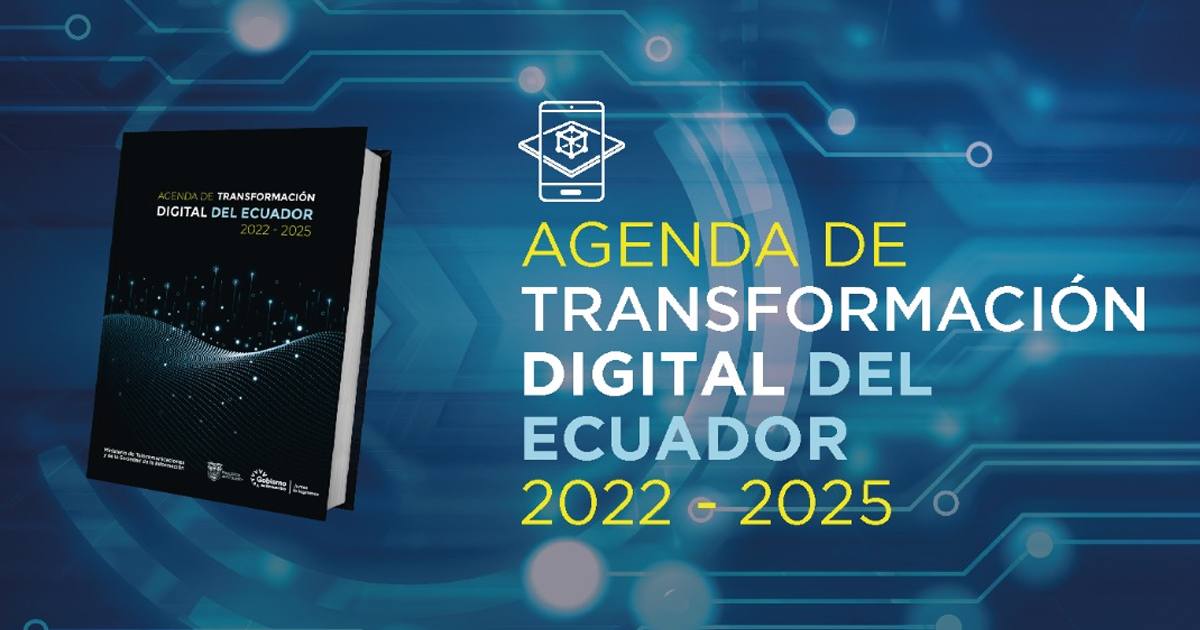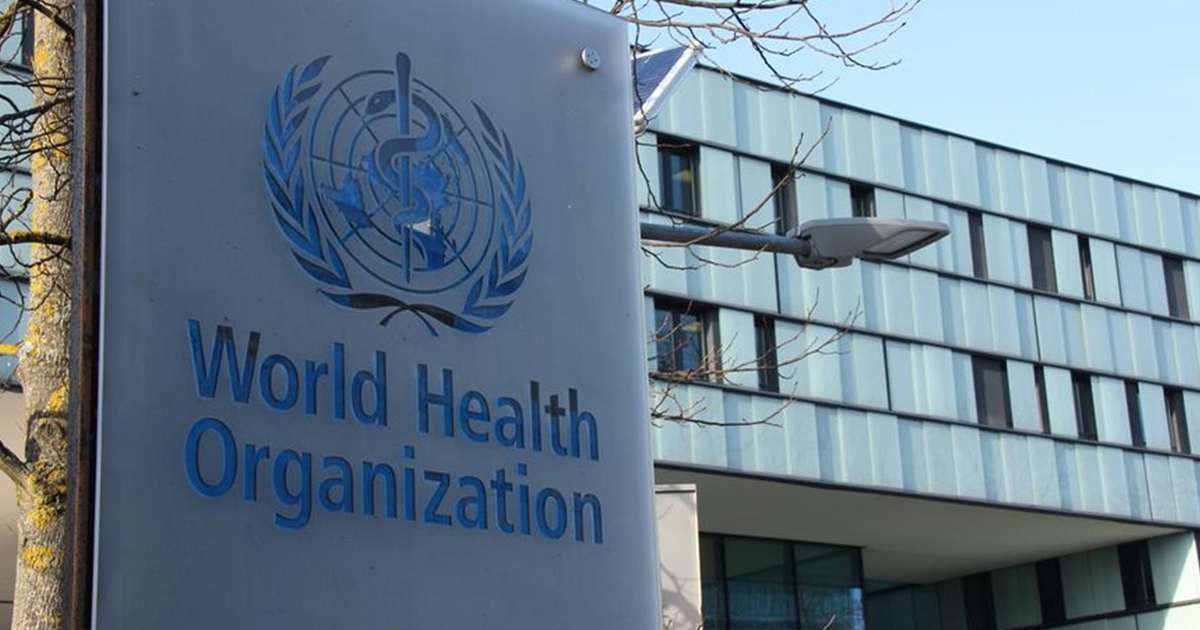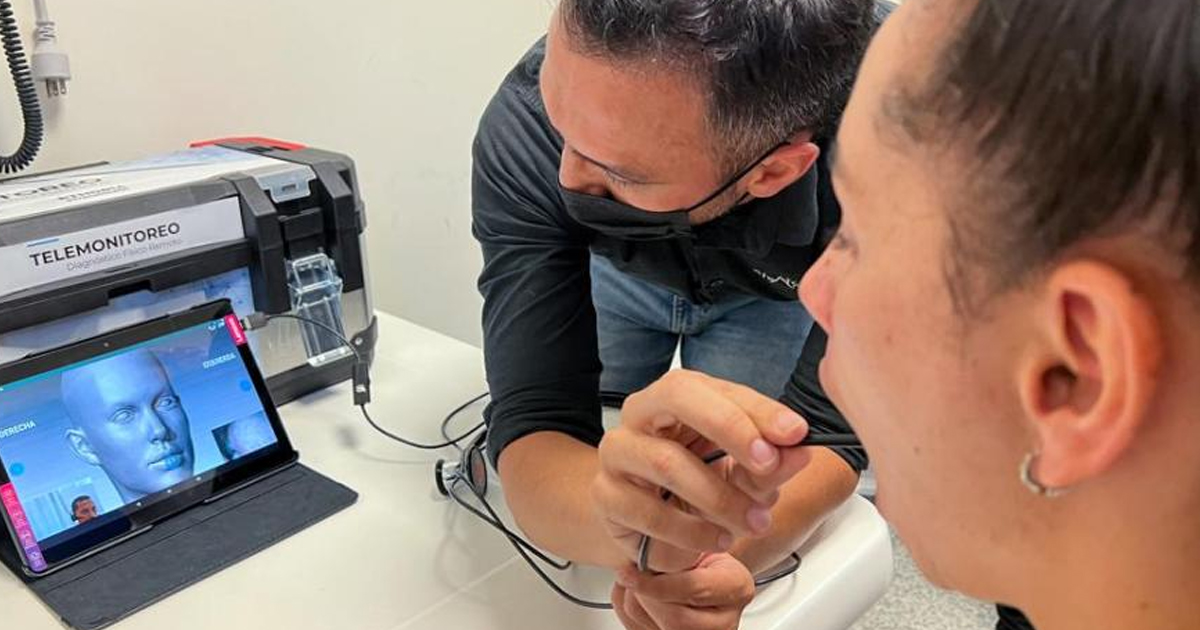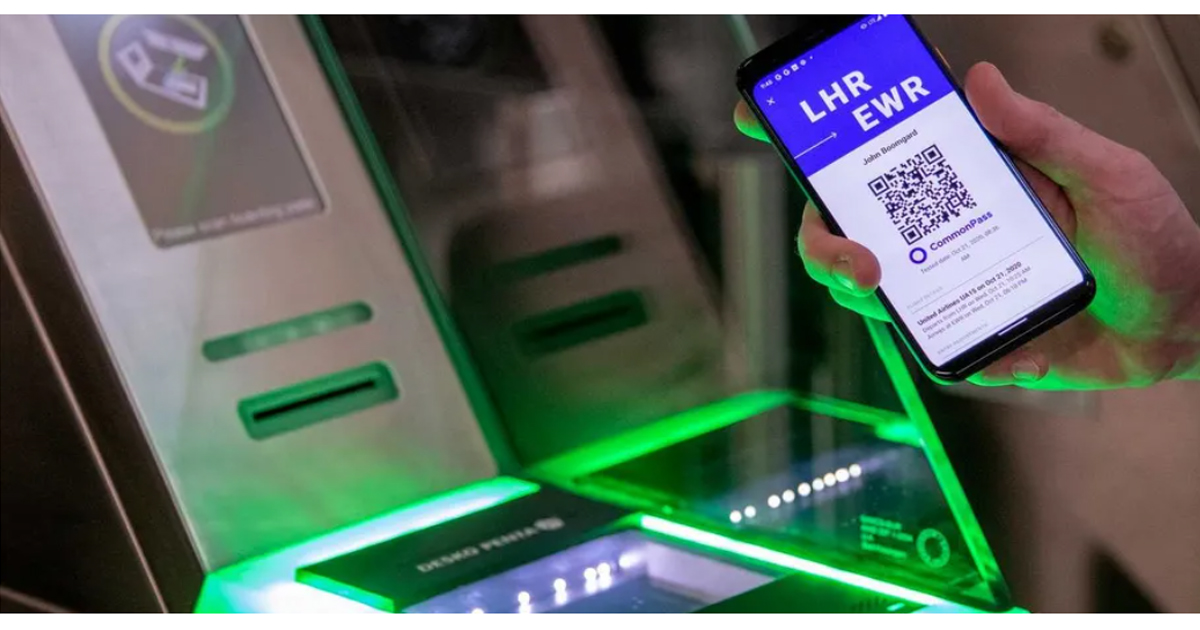A study still under review studied the physiological signs associated with this disease through mobile devices known as wearables, to predict possible hospitalization in patients with COVID-19.
Thanks to this type of mobile devices it is possible to evaluate easily measurable health metrics such as rate to breathing, heart rate and heart rate variability. In addition, these wearables are regularly connected to smartphones, allowing to collect demographic data and perform a symptom monitoring on users.
For these reasons, smart devices, whether bracelets or phones, play an important role in research and decision-making by health authorities, as has happened in the UK with its COVID Symptom Study application that allowed to identify mass contagions and more frequent symptoms.
In the study called: Assessment of physiological signs associated with COVID-19 measured using wearable devices que se encuentra en proceso de peer review data were collected from 1,181 patients with active SARS-CoV-2 virus infection between 21 May and 14 July this year.
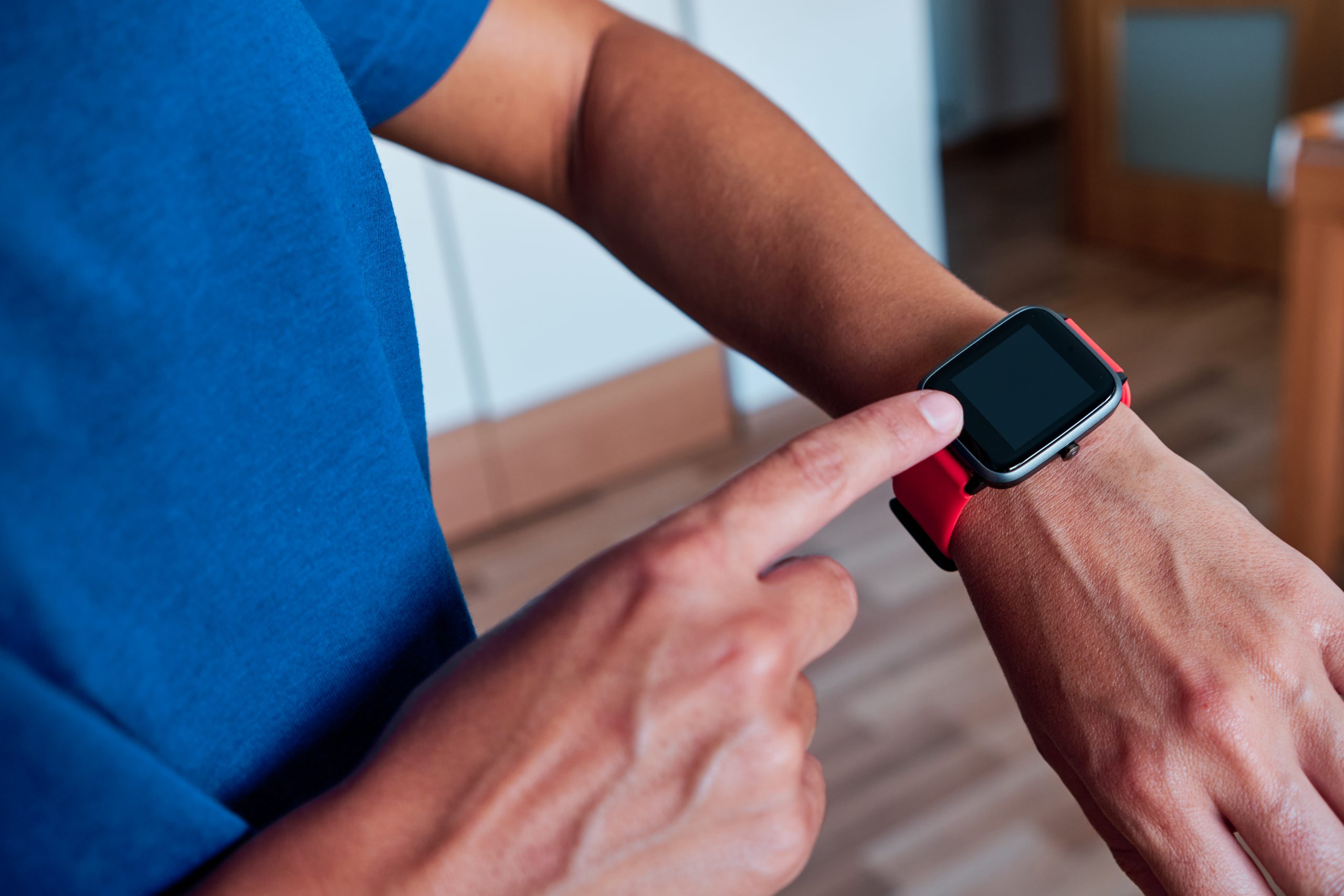
Researchers trained a logistic regression classifier to predict the possible need for hospitalization of patients, according to the symptoms experienced, age, sex, and Body Mass Index (BMI). They then trained a neural network classifier to predict on specific days whether a person is sick by measuring their breathing rate and heart rate variability data for that day and the previous four days.
Of the above patients 11% had no symptoms, 47.2% recovered at home without specific treatment and 33.2% recovered at home with the help of another person. For inpatients 8.16% of patients required hospitalization without artificial respiration and 0.44% required a ventilator.
Regarding symptoms experienced by patients, 54% developed a fever. Finally, according to the data that the patients recorded about their symptoms obtained, an AUC (area under the curve) of .077 +/- 0.05 for the prediction of need for hospitalization and according to the physiological data collected by the device and obtained an AUC of 0.77 +/- 0.03 for the prediction of disease on a specific day.
In conclusion, researchers Aravind Natarajan, Hao-Wei Su and Conor Heneghan believe that the metrics and devices used for this study may help to know an early diagnosis of the disease, as heart rate and respiratory rate rises due to disease while heart rate variability drops.

